888 results
-
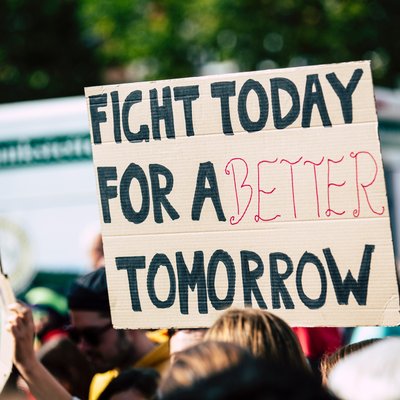
Post Progress and Pushback: Corporate legal accountability in 2025 and what to expect in 2026
From a corporate legal accountability perspective, this is a moment of contradictions. The EU is finalising a significant dilution of its Corporate Sustainability Due Diligence Directive, including the removal of the harmonised civil liability regime. Yet, as 2025 closes, legislative and judicial trends elsewhere in the world appear poised to drive progress in 2026.
View Post -
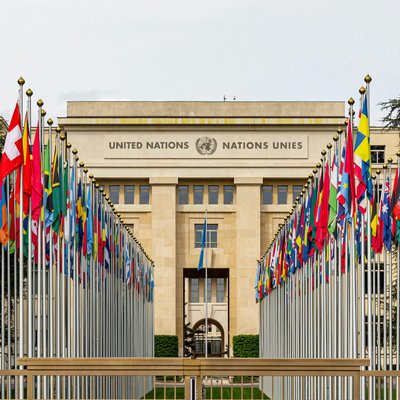
Post Confronting the drivers of corporate abuse: strategies from the UN Forum on Business and Human Rights 2025
What solutions could help us overcome the challenges that remain in implementing the UNGPs in a rapidly evolving context? Phil Bloomer addressed the 14th UN Forum on Business and Human Rights in Geneva.
View Post -
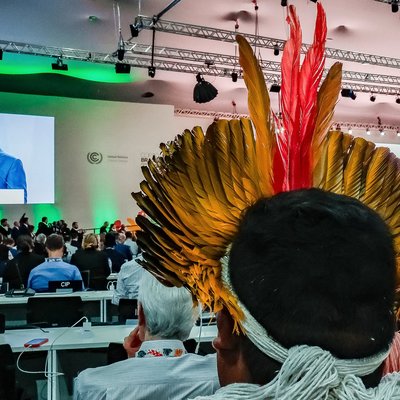
Series Co-developing the energy transition with defenders: Lessons for COP30
During COP30, the world faces a critical question: how do we safeguard human rights in the context of the increasing global demand for critical energy transition minerals? Elisa Morgera stresses that environmental human rights defenders (EHRDs) – who are increasingly seen as obstacles to climate progress – are experts who should not only be protected but also recognised as essential partners and leaders in designing a just energy transition
View Post -
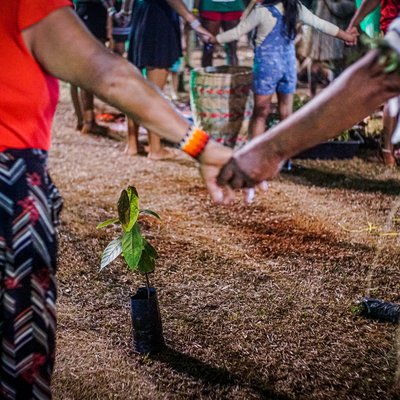
Series Between Belém and Brasília: COP30 and Brazil’s challenge to turn words into action
As Brazil prepares to host COP30 in Belém, it faces a defining test: will it lead the world toward a just energy transition — or repeat the extractive mistakes of its past? BHRRC's Brazil Researcher and Representative Marina Novaes and Conectas Human Rights' Advisor for the Defense of Socio-Environmental Rights Thales Machado set out what's needed for Brazil to match up to its climate ambitions
View Post -
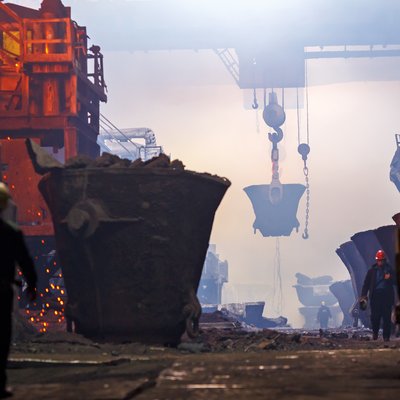
Series COP30 and the future of Europe and Central Asia’s just energy transition
With transition minerals expected to feature at a UN climate summit for the first time, there is a chance for COP30 to recognise the urgency of transition minerals governance, write Ella Skybenko and Johannes Blankenbach
View Post -

Series Climate solutions for all? Southeast Asia’s nickel boom offers lessons for COP30
Human rights must be at the centre of climate action. In the Asia-Pacific region, writes Pochoy Labog, we are seeing supposed climate solutions compounding the problem. Indonesia offers valuable lessons for COP30.
View Post -

Series Civil society leads the way to human rights-based corporate regulation in Colombia
A coalition of civil society organisations in Colombia is pushing for a law to address what they have called "a century of impunity" for human rights violations in the context of business operations. SIEMBRA and BHRRC explain the four essential features of a legal framework to hold business accountable.
View Post -
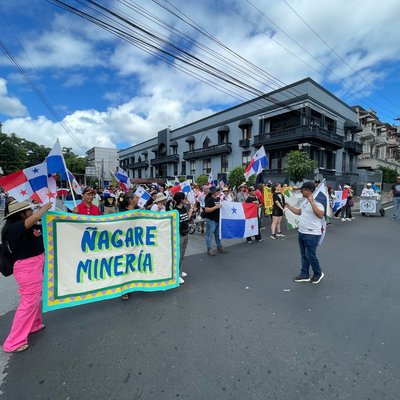
Series COP30 and the just transition: Centring communities in Latin America’s energy future
With vast reserves of transition minerals and huge renewable energy potential, Latin America is at the centre of the energy transition. But in this region of deep contrasts, inequalities, rich ecosystems, and strong community memory, a just transition must be built around communities, not extracted from them.
View Post -

Series Worker power as a business model: the case of the No Sweat T-shirt project
Accountability and worker well-being stem not from corporate-led audits, but from the power of direct worker organisation and negotiated agreements, writes Jay Kerr from No Sweat
View Post -
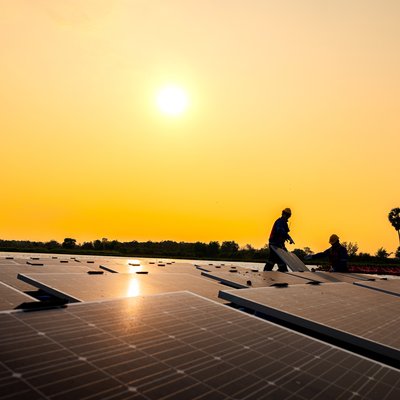
Series Just transition in Africa: from a moral to a legal imperative
The process for achieving a just energy transition demands increasing scrutiny in the African context, writes Joseph Kibugu
View Post